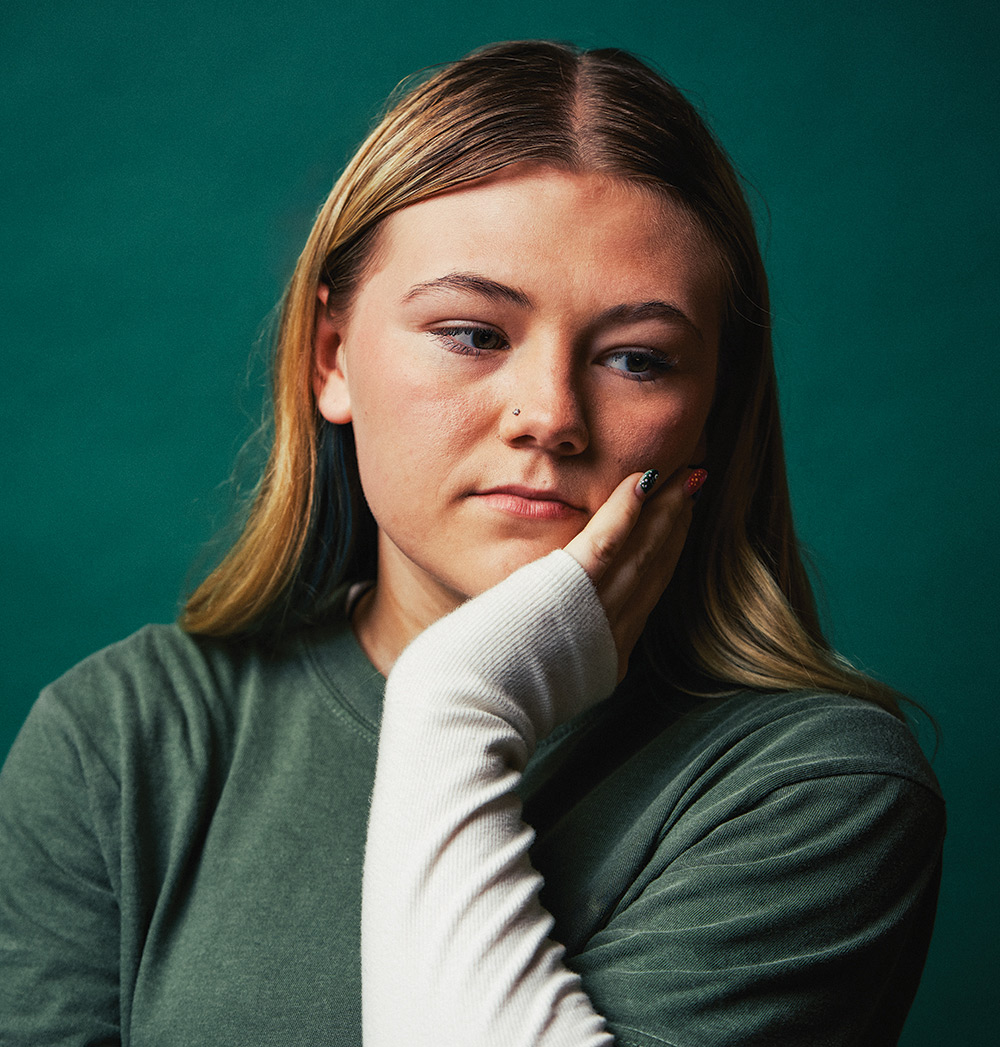In 2015, after 16 years together, Lisa lost her husband to suicide. His death was a complete shock to her, their 16-year-old daughter and 9-year-old son. No one had any idea he was suffering. Lisa describes their relationship as wonderful; her husband as such a great, lively and fun person. His suicide took their breath away, as they had no clue that something like this was even possible.
Before his death, mental health and mental illness were not discussed. Raised in a West-Indian family/culture, Lisa says mental health was stigmatized and never spoken of – it was a foreign topic. To this day, her family does not want to discuss her husband’s suicide. Lisa felt so much guilt after his death, specifically around the idea of why he didn’t come to her with his struggles.

Shortly after her husband’s death, Lisa was referred to Ontario Shores. Her primary goal at the time was to be able to engage in social interactions and conversations without succumbing to overwhelming emotions. "Everything at that time is a blur," recalls Lisa. "I was a blubbering mess and had this urge to go up to every 40-year-old male and shake him to see if everything was all right. I just wanted to stop the ripple effect of pain that had been caused by my husband’s suicide."
Within a couple months of her referral to Ontario Shores, Lisa began CBT therapy as an outpatient at the Traumatic Stress Clinic. She met with a clinician once a week. This weekly therapy continued for over a year and, to this day, Lisa still meets with Scott who helps her "move through life." Lisa didn’t think she could ever move forward because of her grief and guilt. The care she received at Ontario Shores helped tremendously and her sessions with Scott were a place where she could "put it all on the table."
Through therapy came growth and enlightenment. Lisa’s journey was transformative and she emerged as a changed person – one who acknowledges the challenges faced by others and embraces the different stages of one’s life.
“I find now that I am more accepting of what people are going through,” says Lisa. “At one time, mental health for me was seen as something so extreme versus something that can be a challenge for someone at a certain time in their life. You never know what people are living with at any given moment.”
Lisa still lives in the same house where there are so many good memories; she doesn’t want to push those away or run from them. She says she would live this life one hundred times over, despite her husband’s death, because they had such a great relationship, and through this trauma, she has become a more accepting person - sensitive to the struggles and traumas of others.

In 2024, Lisa will travel to Ireland with her children where they will spread her husband’s ashes.
These are the faces of Ontario Shores. They are people like Lisa, who didn’t think she could ever move forward because of grief and guilt after her husband’s suicide. Lisa is sharing her story because if she can help one person who is struggling, then her husband did not die in vain.
Help change the face of mental health.
Support mental health by donating to Ontario Shores to ensure people who are struggling can access the life-changing care they urgently need.














